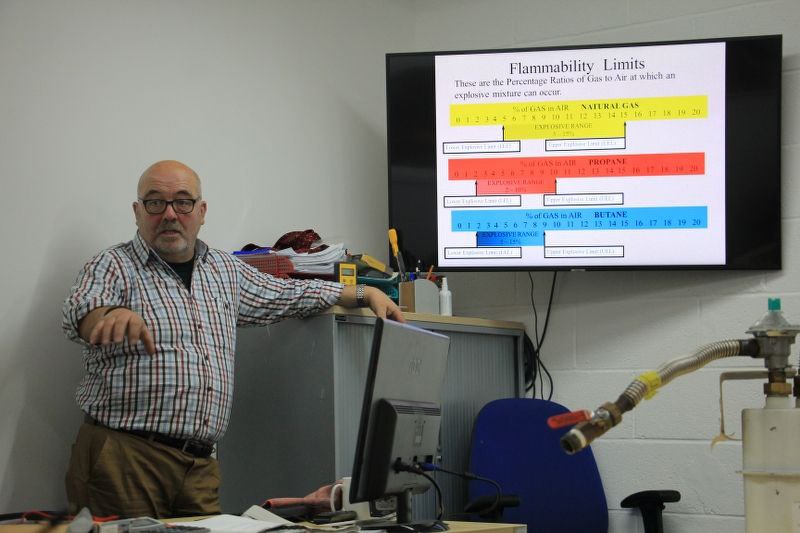
Even before the pandemic, a more flexible approach to training was gaining in popularity, allowing installers to fit learning around their work and home life. Richard Firth, MD at Viva Training Academy, looks at the options.
At the time of writing, the UK has come out of lockdown and is navigating a path to live alongside COVID-19. The economy has taken a serious knock, but hopefully with a more local approach to managing the spread of the virus, many of us are seeing an upturn in trade.
During lockdown, many training centres had to shut their doors. In doing so, however, it has made us look to new ways of working and there is much that can now be done online. We carried on conducting ACS re-assessments during lockdown, teaching lessons ‘live’ via Skype and employing social distancing in our centre for the paper assessment part.
This approach should not be reserved for unprecedented global disasters, however – utilising the digital world can make training more flexible whatever the situation. In an ever changing marketplace, training is essential for any installer looking to develop and evolve their career.
Ask your employer
If you’re employed and want to upskill, don’t rule our discussing things with your employer. They may be thrilled that you’ve taken the initiative to enhance your skill set. If you’re lucky, they may even offer to pay for some or all of the course and if it’s beneficial to their business, they should give you time to train.
Legally, employees of large companies are entitled to make one request a year to take time off for studying or training, as long as it can be argued the training will help improve their performance at work. There’s obviously small-print; the company isn’t expected to pay for the training and the time taken off is usually unpaid, but if you’ve been working for them for at least 26 weeks and the company employs over 250 people so they can reasonably cover your absence, you should be alright.
Those working for smaller companies or sole traders aren’t so lucky. Your boss may grant you time off for studying – at their discretion. If your boss won’t budge, or the training you want to do is unrelated to your current role, upskilling will need to be fitted around your working week.
e-learning
As mentioned, online courses are ideal for theory-based learning, such as brushing up on areas that might support your practical work – anything from current health and safety regulations to smarter ways to keep your accounts.
The beauty of this type of training is that you can fit round your workload. E-learning is often modular, so you build up the course over a defined period of time.
Apart from actual courses, there is also a wealth of webinars, online tutorials and pod casts available, that could help with things like running your business, marketing or introducing you to a new career. Enhancing your skills is not just about qualifications, acquiring new knowledge is always useful.
Evening or weekend classes
Another alternative is to look for evening or weekend classes. Training providers are increasingly aware of the need to offer working adults with more flexible options and it may be that these types of courses grow in popularity, as it could lead to more socially distant classrooms. More class slots to suit a wider range of people, could mean class numbers are kept down.













